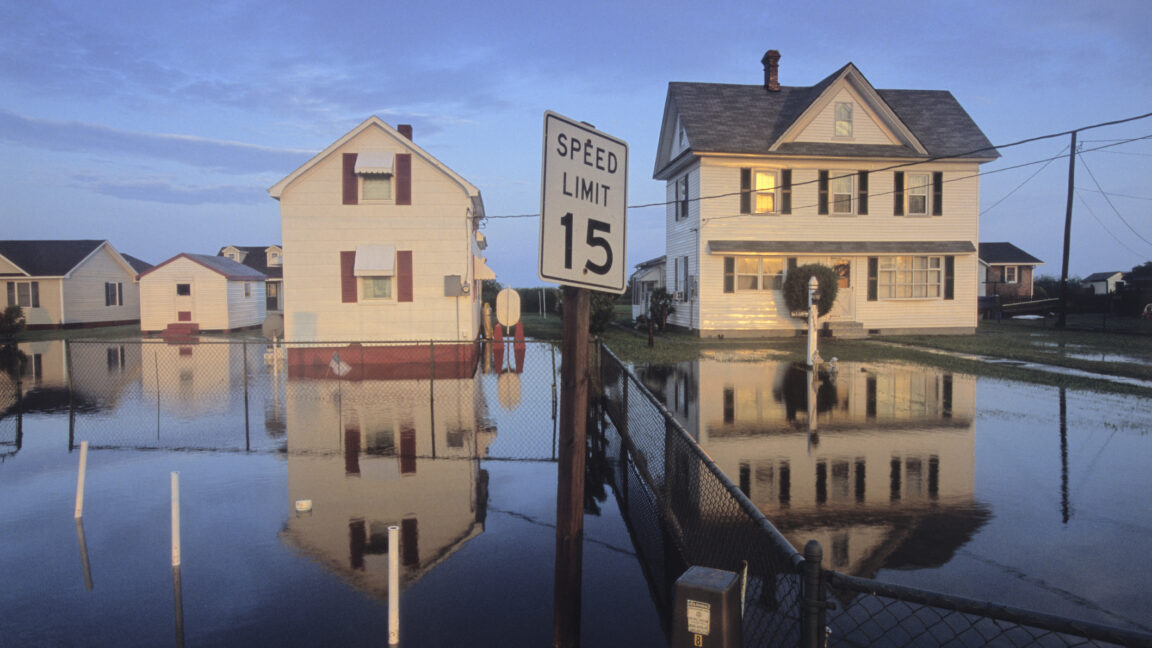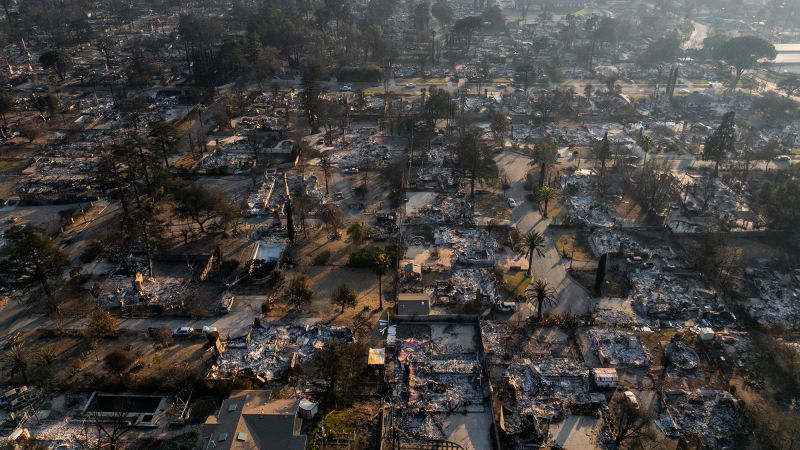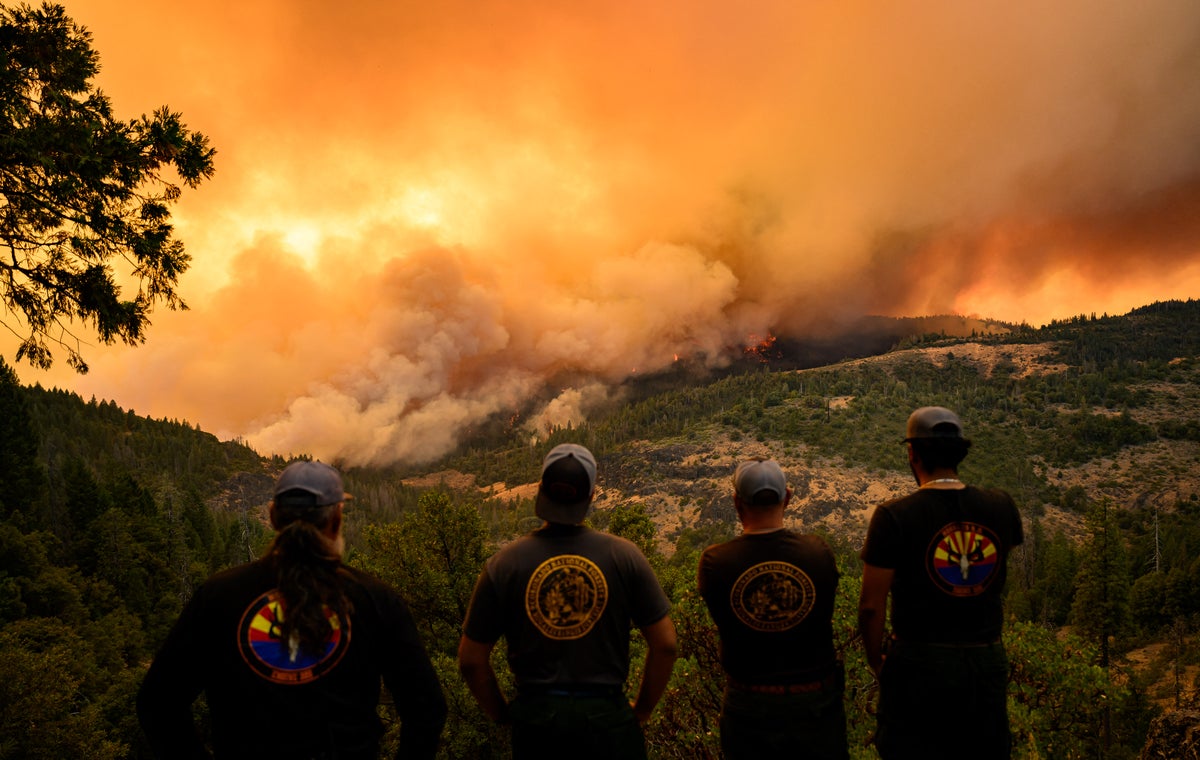Trump Administration Dismisses Scientists Working on National Climate Assessment
The Trump administration has terminated over 400 authors working on the National Climate Assessment, raising concerns over the report's scientific integrity and future.
Overview
In a controversial move, the Trump administration has dismissed all scientists working on the forthcoming National Climate Assessment, which is mandated by Congress to evaluate climate impacts in the U.S. This action raises serious questions about the report's future and potential adherence to scientific standards. The assessment has traditionally been a comprehensive overview aiding local officials in understanding climate risks. Critics worry that this dismissal could open the door to pseudoscientific claims, undermining essential data on climate change effects in the U.S. The next report is due by 2028, and the process has already faced significant disruptions.
Content generated by AI—learn more or report issue.

Get both sides in 5 minutes with our daily newsletter.
Analysis
- Both the Trump administration and Congress are mandated to produce the National Climate Assessment, which informs on climate impacts on the U.S.
- The dismissal of over 400 scientists from the assessment poses risks to its credibility and the ability to address climate-related issues effectively.
- There is ongoing debate over the potential political interference with scientific reports, raising concerns over future climate policy and preparedness.
Articles (4)
Center (2)
FAQ
The National Climate Assessment aims to provide a comprehensive overview of climate impacts in the U.S., helping local officials understand climate risks and develop strategies to mitigate and adapt to climate changes.
The dismissal of scientists could undermine the report's scientific integrity by potentially allowing pseudoscientific claims to influence the findings, leading to a less accurate representation of climate change effects.
The Trump administration's actions, including halting climate assessments and reducing scientific personnel, can hinder both research and policy formulation related to climate change, potentially worsening its effects on vulnerable communities.
History
- This story does not have any previous versions.



